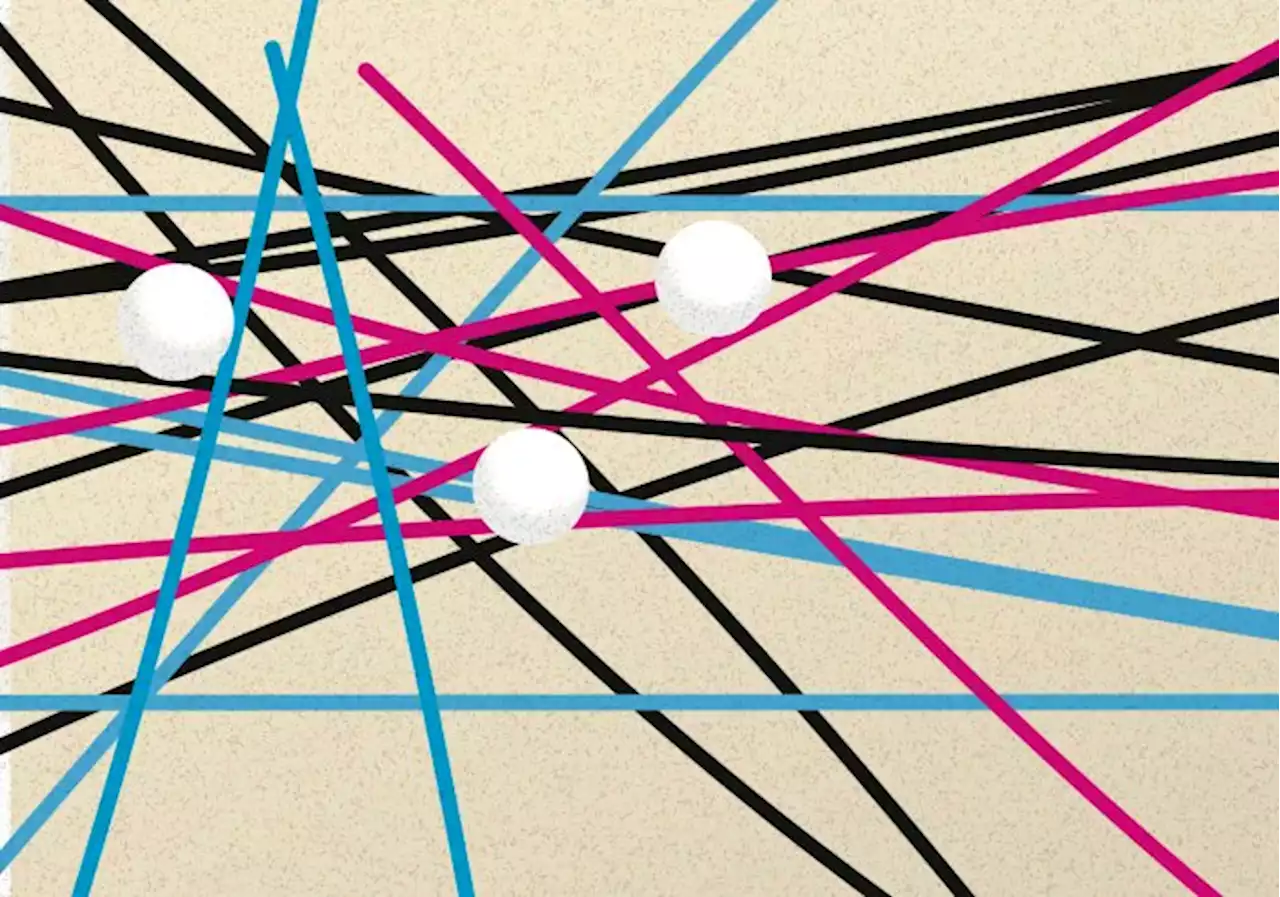Exceeding 100 percent quantumefficiency in the photocurrent of a hybrid inorganic-organic semiconductor kaust_news NaturePhotonics
M.L. acknowledges financial support from the Hong Kong Polytechnic University and the Shenzhen Science, Technology and Innovation Commission . J.Y., O.M.B. and O.F.M. acknowledge the Supercomputing Laboratory at KAUST for their efficient technical assistance.Authors and AffiliationsYifan Chen, Qi Wei, Chenhao Wang, Xiaoting Wang, Hui Ren, Siu Fung Yu & Mingjie Li
Advanced Membranes and Porous Materials Center, KAUST Catalysis Center, Physical Science and Engineering Division, King Abdullah University of Science and Technology , Thuwal, Kingdom of Saudi ArabiaThe Hong Kong Polytechnic University Shenzhen Research Institute, Shenzhen, People’s Republic of China
United States Latest News, United States Headlines
Similar News:You can also read news stories similar to this one that we have collected from other news sources.
 Human Activities Affect Elephants’ Use of Nature PreservesA study shows that elephants’ activity in these areas varies, likely according to their perceptions of the threat of human activities.
Human Activities Affect Elephants’ Use of Nature PreservesA study shows that elephants’ activity in these areas varies, likely according to their perceptions of the threat of human activities.
Read more »
 A first update on mapping the human genetic architecture of COVID-19 - NatureMatters arising: A first update on mapping the human genetic architecture of COVID-19
A first update on mapping the human genetic architecture of COVID-19 - NatureMatters arising: A first update on mapping the human genetic architecture of COVID-19
Read more »
 The BioInnovation Institute as a catalyst for European life science startup creation - Nature BiotechnologyNature Biotechnology - The BioInnovation Institute as a catalyst for European life science startup creation
The BioInnovation Institute as a catalyst for European life science startup creation - Nature BiotechnologyNature Biotechnology - The BioInnovation Institute as a catalyst for European life science startup creation
Read more »
 Louis Vuitton heads into nature for fall/winter 2022French fashion house Louis Vuitton is introducing two new handbags, atop the rollout of an updated monogram motif, both showcased in its new fall/winter campaign.
Louis Vuitton heads into nature for fall/winter 2022French fashion house Louis Vuitton is introducing two new handbags, atop the rollout of an updated monogram motif, both showcased in its new fall/winter campaign.
Read more »
Coronaviruses exploit a host cysteine-aspartic protease for replication - NatureNature research paper: Coronaviruses exploit a host cysteine-aspartic protease for replication
Read more »
 Fighting fibrosis - Nature BiotechnologyFighting fibrosis Improving target selectivity and defining cell phenotypes may improve the odds of finding therapies for fibrosis
Fighting fibrosis - Nature BiotechnologyFighting fibrosis Improving target selectivity and defining cell phenotypes may improve the odds of finding therapies for fibrosis
Read more »
